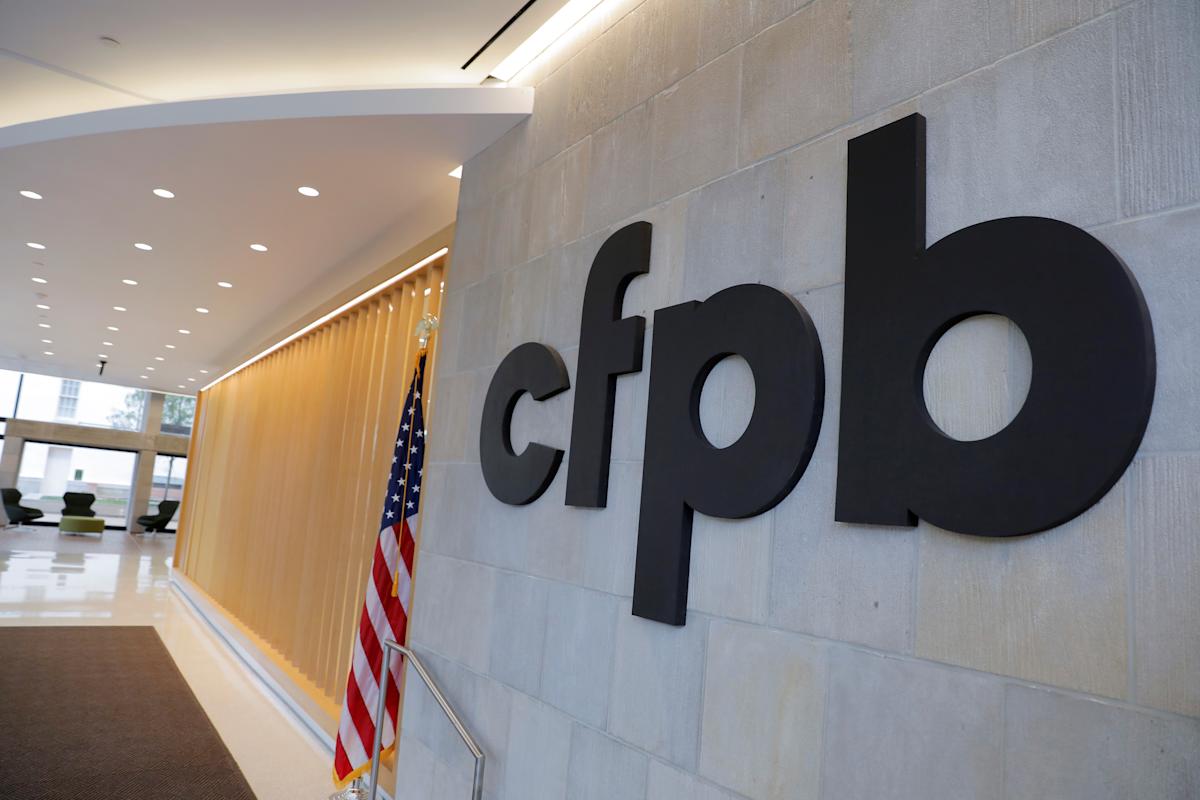Justice and Refund: How the CFPB Turned a Discrimination Fine into Consumer Compensation

In a surprising legal twist, the Consumer Financial Protection Bureau (CFPB) is seeking to unravel a previously settled discrimination case against a mortgage lender. The unexpected move has left former agency officials and consumer advocates scratching their heads in bewilderment.
The CFPB's request to nullify its own settlement has raised eyebrows across the financial regulatory landscape. What was once considered a resolved matter is now being reopened, creating uncertainty and speculation about the agency's motivations and strategy.
Experts are questioning the unusual step of challenging a settlement that the bureau itself had previously negotiated. The sudden reversal suggests potential complexities or new information that may have emerged since the original agreement was reached.
Consumer advocates are particularly perplexed, as the move could potentially impact protections and accountability mechanisms designed to prevent discriminatory lending practices. The situation highlights the intricate and sometimes unpredictable nature of financial regulation and legal proceedings.
As the case unfolds, many are watching closely to understand the CFPB's rationale and the potential implications for mortgage lenders and consumer protection efforts.
